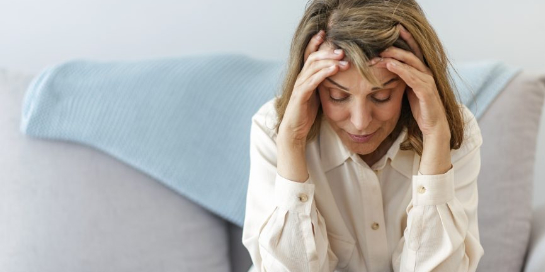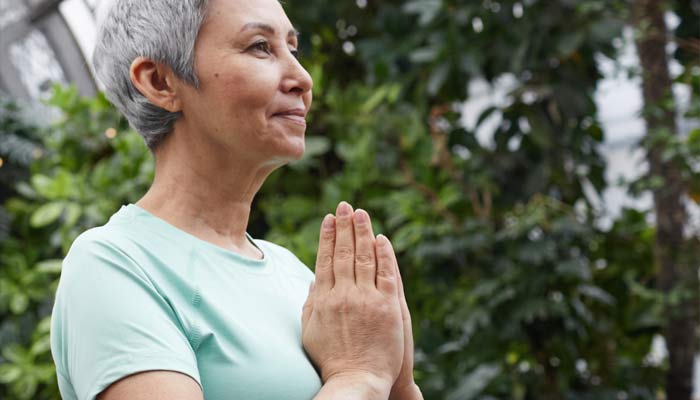A topic I’d like to discuss today that has little to do with physiotherapy, but as a Mummy Mot practitioner I see a lot of, is post-natal PTSD.
Although they need to be addressed as separate illnesses, post–natal depression and PN PTSD can overlap. It often occurs because the actual experience differs from what was anticipated.
As we know stress affects our bodies in many ways – cortisol levels increase and you can experience weight gain, increased blood pressure, lowered immune function and heart issues. Stress is also implicated in increased pain in the body, irregular menstrual cycles, poor mood and insomnia – just what you need when you’ve recently had a baby.
It’s no surprise that these ladies end up at my door with aches and pains, struggling to cope with daily life – especially the busy, often unrelenting life of a mum.
What is post-natal / birth trauma PTSD and what can be done about it?
PTSD normally follows a traumatic event that was seriously life threatening to either you or your partner (Dads are not exempt!) when you felt overwhelming fear, helplessness or horror.
Symptoms of Post Natal PTSD: AS A SEPARATE BOX PLEASE
These are not things that are comfortable to discuss and people will often self medicate rather than ask for help. Partners can also suffer from self blame and be affected.
Unfortunately, at the 6-week check-up, mums are only asked if they feel depressed or lowand if she feels detached from her baby and angry or anxious she may not speak up for fear of judgment. Meanwhile if Dad is equally traumatised, this may not even be mentioned...
So, what can be done to help?
The NICE guidelines state:
“All people with PTSD should be offered a course of trauma-focused psychological treatment/ trauma focused cognitive behaviour therapy (CBT) or eye movement destination (EMDR) which is particularly beneficial if the person struggles to talk about the trauma.”
See your GP if this sounds familiar to you or I can put you into contact with some of the team I refer to. This will enable you to get a diagnosis and treatment that can help process the memories, identify and change challenging thoughts that keep you locked into the past trauma and stop you needing to use safety behaviours.
This does not have to affect you or your partner for the rest of your lives – ruining what should be the most special event and time of your life. There is effective help available out there,leaving you free to have a different experience if you are planning to expand your family further.
Helpful links:
www.birthtraumaassociation.org.uk
www.pandasfoundation.org.uk/postnatal-ptsd-or-birth-trauma/
www.fionanicolson.com
Elrina



